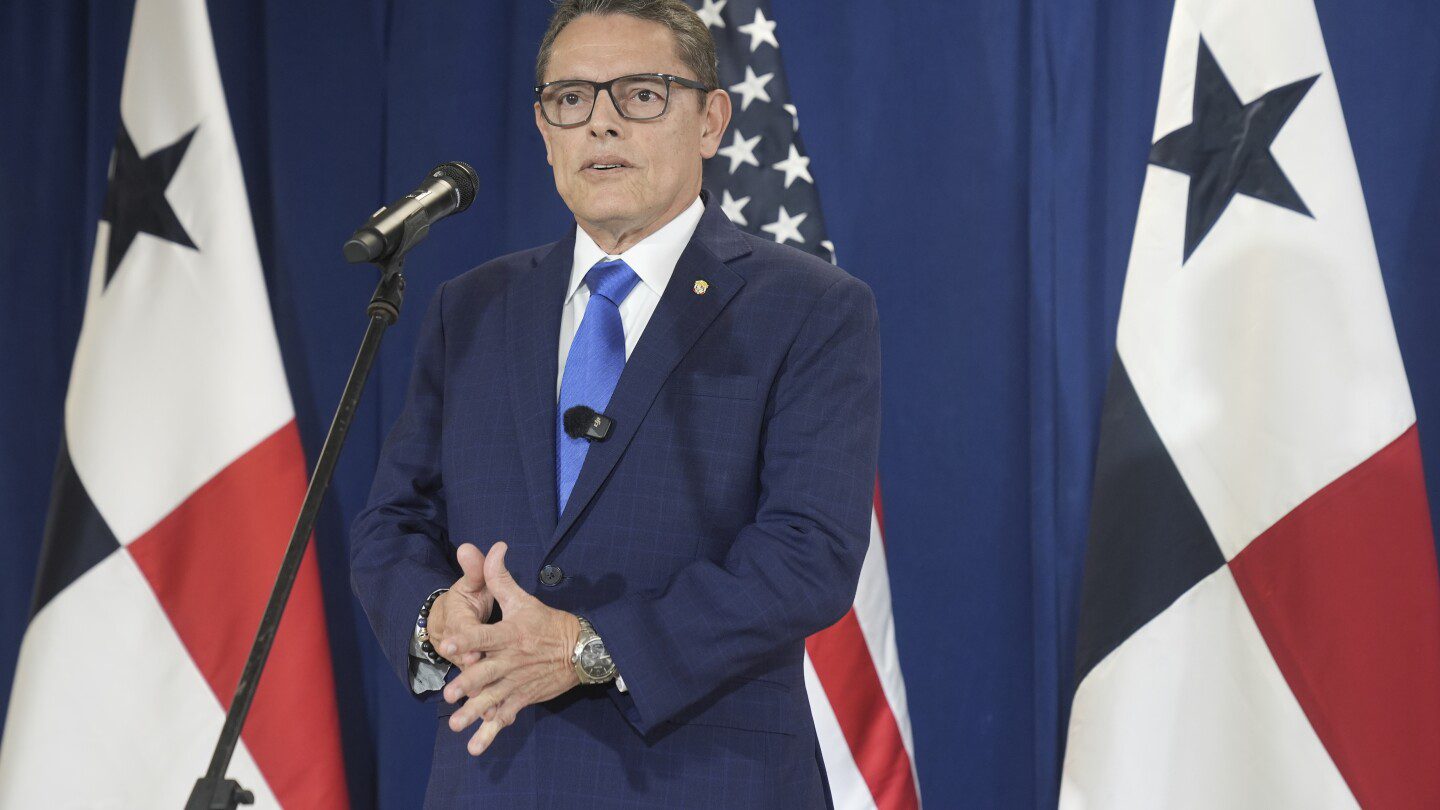
Panama City (AP) — Nearly 300 migrants from various nations are currently housed in a hotel in Panama, having been deported under directives from former U.S. President Donald Trump. These individuals are not permitted to leave as they await assistance from international authorities to facilitate their return to their home countries.
Authorities report that over 40% of these migrants are unwilling to return voluntarily. Many expressed their distress with messages displayed in their hotel windows, reading "Help" and "We are not safe in our country."
The group of migrants comprises individuals from ten predominantly Asian nations, including Iran, India, Nepal, Sri Lanka, Pakistan, Afghanistan, China, and others. The United States faces challenges in deporting individuals to some of these countries, prompting Panama to act as a transit point. On Wednesday, Costa Rica is anticipated to receive a comparable flight carrying deportees from third countries.
Panama’s Security Minister, Frank Abrego, stated that the migrants are receiving necessary medical care and meals, in line with a migration agreement established between Panama and the U.S.
Under this arrangement, Panama has consented to act as a “bridge” or transit hub for deportees, while the United States will cover all related expenses. This agreement was unveiled earlier this month following a visit from U.S. Secretary of State Marco Rubio.
Panamanian President José Raúl Mulino, who is under political pressure regarding Trump’s threats to reclaim control over the Panama Canal, confirmed the arrival of the initial deportation flights last Thursday.
The situation of the deportees, trapped in legal limbo, has raised concerns in Central America, especially as images of migrants looking out from their hotel windows surfaced, showing pleas for help.
Despite these conditions, Abrego asserted that the migrants are not being detained, even though they are restricted from leaving their hotel rooms, which are under police surveillance. Of the 299 deportees, 171 have agreed to return voluntarily, aided by the International Organization for Migration and the U.N. Refugee Agency. Discussions are ongoing with the remaining 128 migrants to explore potential resettlement options in third countries. Notably, one deported Irish citizen has already returned to her homeland.
For those who choose not to return, Abrego mentioned they would be temporarily relocated to a facility in the remote Darien province, a route taken by hundreds of thousands of migrants who have traveled north in recent years. More information regarding the deportees’ circumstances is expected to be released by the Panamanian Ombudsman’s Office later today.









